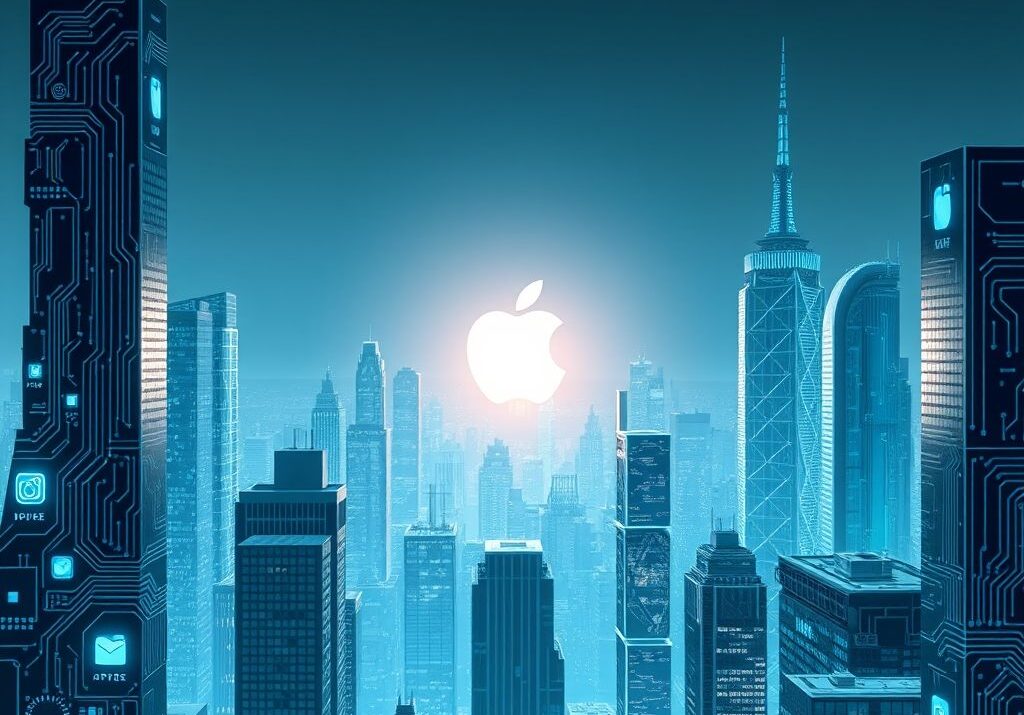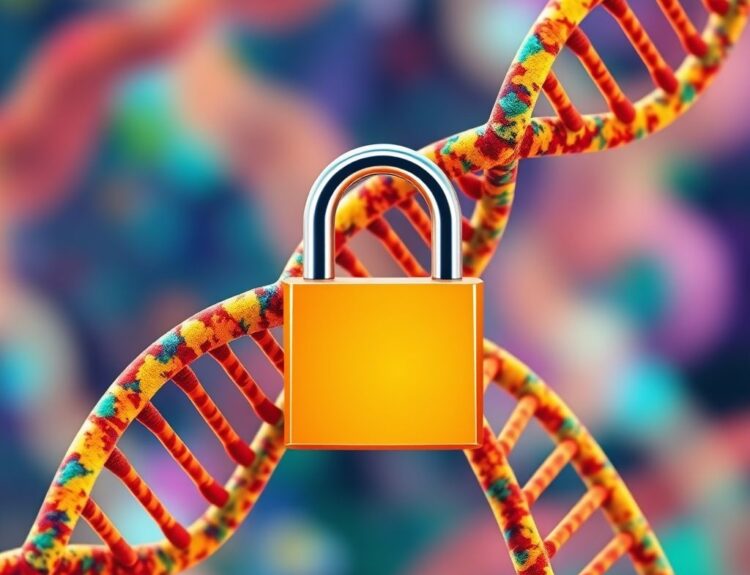Ever feel like searching for the perfect app is like looking for a needle in a digital haystack? Well, I stumbled across something pretty interesting: Apple’s working on making that haystack a whole lot smaller with AI.
According to a recent piece I read on TechCrunch, the iOS 26 developer beta has a new feature – AI-generated tags for apps. Yes, you heard that right. It seems Apple’s been cooking up a way to use artificial intelligence to automatically categorize apps, hopefully making it easier for us to find what we’re actually looking for.
Now, these tags aren’t live on the public App Store yet, and they aren’t influencing search results. Think of it as Apple quietly testing the waters, fine-tuning the algorithm before unleashing it on the masses. It’s like they are testing the waters before diving in.
Why should we care? Well, think about it. Right now, developers manually choose keywords and categories for their apps. But sometimes those descriptions can be a bit…optimistic (we’ve all downloaded an app that promised the world and delivered… well, not much).
AI-generated tags could provide a more objective and comprehensive way to describe what an app actually does. This has some serious potential. A 2023 study by Sensor Tower found that accurate app store optimization (ASO) can increase app downloads by up to 25%. That’s a significant bump, and AI tagging could be a key piece of that puzzle.
Imagine searching for a “photo editing app for portraits” and actually getting results that are specifically designed for that, instead of just a bunch of generic photo apps. That’s the dream, right?
So, what does this mean for us, the everyday app users and developers? Here are my takeaways:
- Improved Discoverability (Potentially): AI tagging could significantly improve app discoverability, making it easier to find niche apps that are currently buried in search results. Think of it as a more personalized and accurate app search experience.
- More Objective Descriptions: AI might cut through marketing fluff, offering more realistic descriptions of app functionality. This will help users make informed decision about which apps they decide to download.
- Level Playing Field for Developers: Smaller developers without huge marketing budgets might benefit from AI tagging, as their apps could be surfaced based on actual functionality rather than keyword stuffing.
- ASO is Still Crucial: Even with AI tags, App Store Optimization isn’t going away. Developers will still need to craft compelling descriptions and visuals. However, it might shift the focus from pure keyword optimization to highlighting core app features.
- Privacy Considerations: As with any AI implementation, data privacy is a concern. We’ll need to see how Apple handles the data used to generate these tags and whether users have any control over the process.
It’s still early days, and there’s no guarantee that these AI tags will make it to the public App Store. But it’s definitely something to keep an eye on. I am eager to see how this evolves and what it means for the future of app discovery.
FAQ: AI-Generated App Store Tags
1. What are AI-generated tags in the App Store?
AI-generated tags are keywords or phrases automatically assigned to apps by an artificial intelligence system. These tags aim to describe the app’s functionality and features more accurately than manual descriptions alone.
2. Are these AI tags currently live on the public App Store?
No, these tags are currently being tested in the iOS 26 developer beta and are not visible to the general public on the App Store.
3. How could AI tags improve app discoverability?
AI tags can analyze app features and content to provide more relevant and specific descriptions, making it easier for users to find apps that match their needs.
4. Will developers still need to optimize their app store listings?
Yes, even with AI tags, App Store Optimization (ASO) will remain important. Developers will still need to create compelling descriptions, visuals, and choose appropriate categories.
5. Could AI tagging help smaller app developers?
Potentially, yes. AI tags might level the playing field by surfacing apps based on functionality rather than marketing power, giving smaller developers a better chance of being discovered.
6. What kind of data does the AI use to generate these tags?
The specific data used isn’t fully clear, but it likely includes the app’s code, description, user reviews, and other metadata to understand its functionality.
7. Are there any privacy concerns with AI-generated tags?
Yes, as with any AI system, data privacy is a consideration. It will be important to understand how Apple handles the data and ensures user privacy.
8. How accurate are AI-generated tags expected to be?
The accuracy will depend on the sophistication of the AI algorithm. Ideally, they should be more objective and comprehensive than manual tags, but testing and refinement are crucial.
9. When can we expect to see these AI tags on the public App Store?
There’s no confirmed timeline. It depends on the success of the beta testing and Apple’s decision to roll out the feature.
10. Where can I find more information about this feature?
Keep an eye on tech news sites like TechCrunch, developer blogs, and Apple’s official announcements for updates on this feature.








